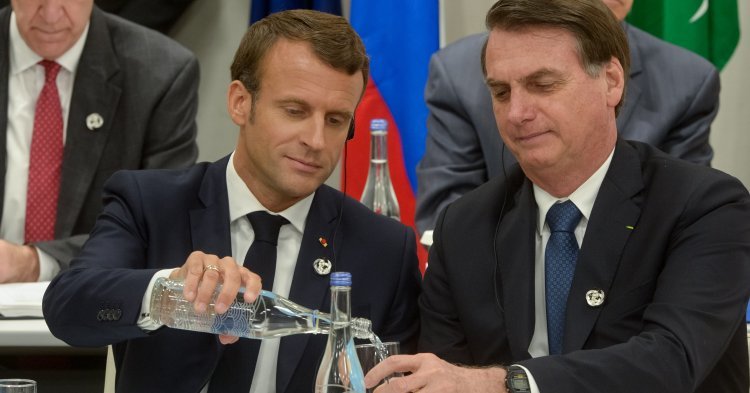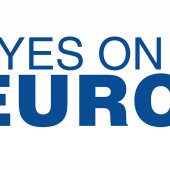Although Angela Merkel has long supported this agreement, the German chancellor has expressed “serious doubts” about its future. As my colleague Sami Chauvet has explained, it is not only the Green Deal that poses problems to the finalisation of this agreement. By losing one of its most ardent defenders in Angela Merkel, nothing is left to suggest it will be ratified in the wake of the growing green wave that is spreading through the European Union.
We can look at the example of Sweden, or more recently France, which linked its recovery plan to an environmental transition. Farmers’ organisations, supported by European MEPs (such as Maria Arena or Saskia Bricmont) mobilised and called for a hard and clean break with this agreement. Are there any chances of it surviving? Here’s a quick overview.
Objectively speaking, it is unlikely that this agreement will come into effect. Without Germany’s support, several arguments against the agreement have emerged over the last few weeks, particularly from a French perspective: Mercosur countries have failed to respect the 2015 Paris Agreement, have not aligned themselves with the rules on European imports, and have failed to commit to the protection of the Amazon, where wildfires increased by 28% in a single year. These three essential points were announced by the French government on September 18th September 2020, after a report from its Evaluation Commission (made up of independent experts) was commissioned in July 2019.
The French government’s concern is shared by NGOs whose arguments against the agreement are many. “Amazon fires - Europe guilty” could be read on the banner displayed by Greenpeace on 11th September on the Berlaymont, the European executive’s building. The EU being responsible for 10% of the world’s deforestation, Greenpeace is calling for boycotts of South American products (beef, soya, corn and cocoa, among others) whose production causes more pollution than the same products made in Europe. The World Wildlife Fund (WWF), on the other hand, emphasises the fact that farming is responsible for more than 80% deforestation of the Amazon, a criticism which they have raised to the European Ombudsman [5]. This complaint led to an investigation in July, with the aim of verifying if the European Commission has fulfilled its obligation to pursue environmental policies according to the Green Deal and the recent European Climate Law. The noose is tightening around Brussels.
At the moment, there is nothing to confirm that this deal will be blocked. But recent events make this conclusion plausible, and the deal is yet to be ratified by all Member States’ national parliaments. This will be no mean feat, especially seeing as the Dutch parliament has already rejected it, with Emmanuel Macron and Angela Merkel having been called upon to persuade their parliaments to do the same. Since they will not be able to rely on the support of Ursula von der Leyen, president of the European Commission, who avoided the subject during her State of the Union speech on the 16th September, they will have to rely on the other Member States, and hope that this agreement will not remain in the shadow of another more pressing matter: Brexit.



Follow the comments: |
|
